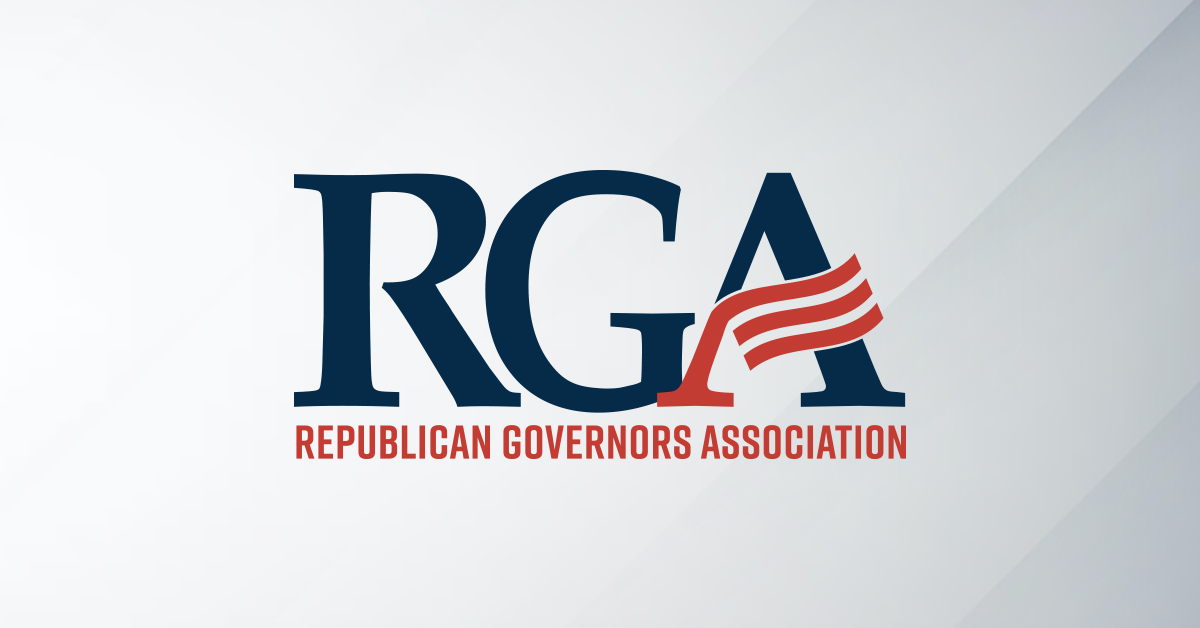
WASHINGTON, D.C. – Eleven Republican governors sent a letter to EPA Administrator Gina McCarthy today to voice their opposition to proposed changes in the National Ambient Air Quality Standard (NAAQS) rules for ground-level ozone emissions.
Governors Asa Hutchinson of Arkansas, Nathan Deal of Georgia, Butch Otter of Idaho, Mike Pence of Indiana, Bobby Jindal of Louisiana, Paul LePage of Maine, Phil Bryant of Mississippi, Mary Fallin of Oklahoma, Nikki Haley of South Carolina, Greg Abbott of Texas and Scott Walker of Wisconsin signed the letter warning of the adverse impact the rules would have on state economies, compromising the free-market, pro-jobs policies that help their states to flourish.
“The latest regulations proposed by the EPA are a continuation of the federal government’s agenda that aims to stifle economic growth and job creation,” said Texas Governor Greg Abbott. “Instead of working against our nation’s job creators, Washington should be looking for ways to partner with them and create economic opportunity for all.”
A copy of the letter can be found here and is excerpted below.
In the four decades since the Clean Air Act was signed into law, our states have driven unprecedented improvements in air quality. We have done so while adhering to the core principle that meaningful environmental measures can and must coexist with free market policies that promote job growth and economic freedom. Your agency’s new proposed change to the National Ambient Air Quality Standard (NAAQS) for ground-level ozone jettisons these free market policies in favor of an onerous, job-crushing standard.
Nonattainment is an economic penalty box so severe that needed economic growth is stunted. In nonattainment areas, any growth is predicated on successfully navigating a bureaucratic maze of federal and state regulators… Nonattainment also jeopardizes needed transportation infrastructure projects.
Piling on the additional burden and expense of a lower ozone standard simply isn’t necessary. In fact, many of our states have seen a dramatic decrease in ozone levels over the past decade under the current, more flexible standard.
Our states’ resources are not infinite. At a time when we should be focusing on growing the economy and creating jobs, the EPA is imposing a steady stream of complex, expensive new regulations that require an army of policy and technical experts and lawyers to decipher, respond to, and ultimately implement. The proposed NAAQS for ozone is the most onerous and expensive yet.
###





See the latest videos from RGA
Watch our videosThe numbers say it all. New Hampshire can’t afford to become @maura_healey's Massachusetts.
NEW: Eleven economic development projects in Ohio are expected to create 1,025 new jobs statewide.
Details: https://bit.ly/3J1ZYDO
Follow RGA on Twitter
Follow RGA on Facebook